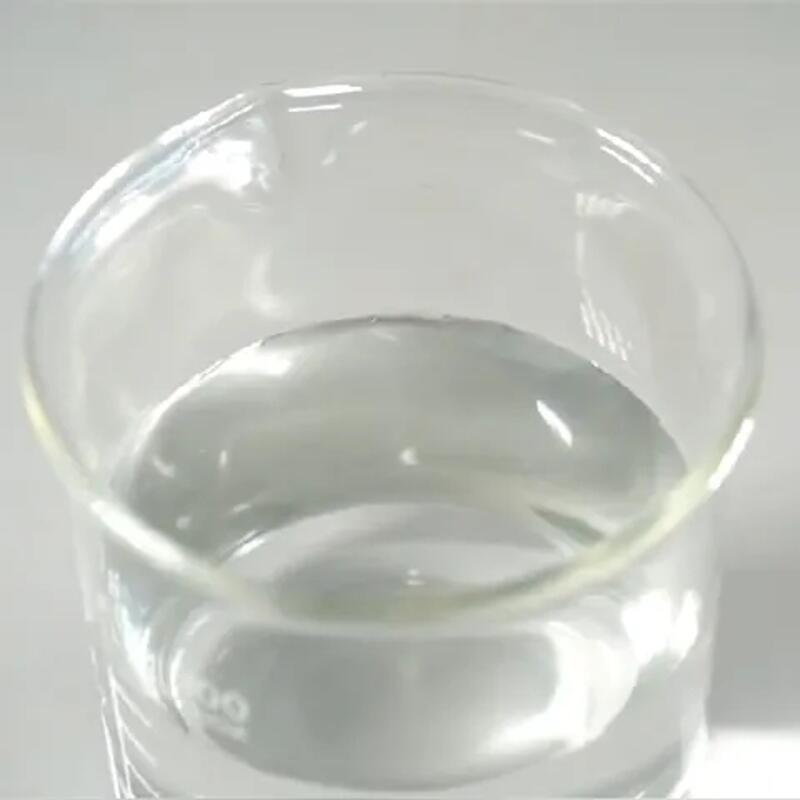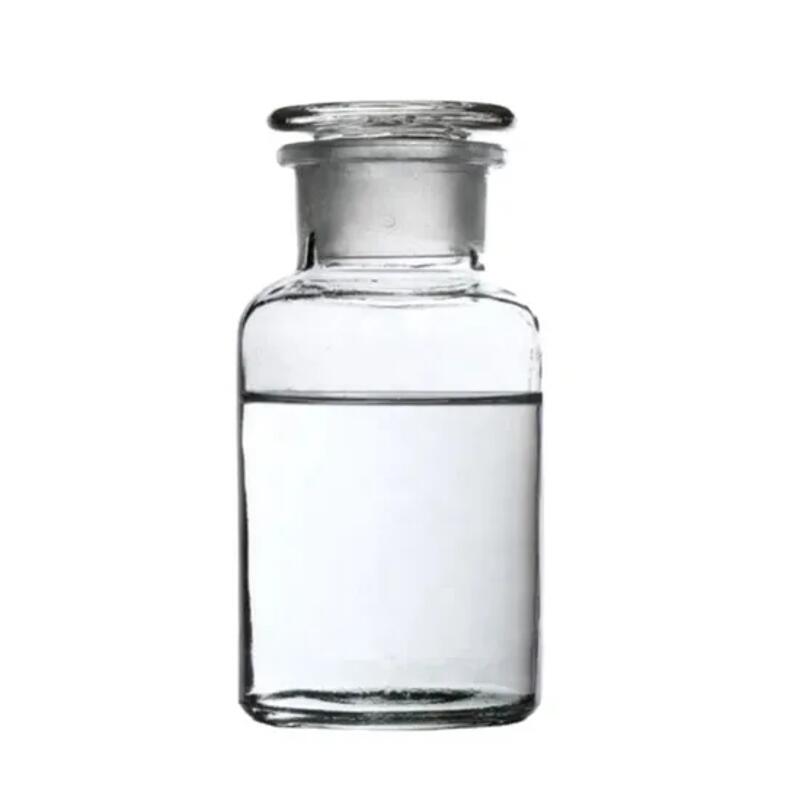-
Categories
-
Pharmaceutical Intermediates
-
Active Pharmaceutical Ingredients
-
Food Additives
- Industrial Coatings
- Agrochemicals
- Dyes and Pigments
- Surfactant
- Flavors and Fragrances
- Chemical Reagents
- Catalyst and Auxiliary
- Natural Products
- Inorganic Chemistry
-
Organic Chemistry
-
Biochemical Engineering
- Analytical Chemistry
-
Cosmetic Ingredient
- Water Treatment Chemical
-
Pharmaceutical Intermediates
Promotion
ECHEMI Mall
Wholesale
Weekly Price
Exhibition
News
-
Trade Service
Click on the blue word Follow us
Autumn Equinox
Anesthesia care column
Anesthesia Care (BASIC LEVEL) - Pre-anesthesia care
Read the book source:
Basic Nursing Techniques and Specialty Nursing Practices (2020.
Author: Lei Ying Editor-in-Chief
Tidy up:
School of Nursing, Xuzhou Medical University, Yang Tingting
Department of Anesthesiology, Tsinghua Changgeng Hospital, Beijing Tu Shumin
The care before anesthesia is the beginning of the nursing work of anesthesia patients, and it is of great significance
for the nursing work of anesthesia patients.
Effective and sound anesthesia care can ensure the safety of patients in the whole period of perisurgical anesthesia, improve the patient's tolerance to anesthesia and surgery, and reduce post-anesthesia complications
.
One
Care assessment
Understand the patient's health history
1.
(1) Whether the patient has previous diseases of the central nervous system, cardiovascular system and respiratory system; the presence of spinal deformities or fractures, the presence or absence of disc herniation; Whether there are infectious lesions on the skin of the waist, phlebitis, etc
.
(2) History of anesthesia and surgery: whether anesthesia and surgery have been received before, if so, should be asked about the anesthetic drugs used at that time, anesthesia methods and perioperative conditions, especially allergies; Ask parents and other relatives whether they have anesthesia to induce allergies and high fever
.
(3) Drug history: detailed understanding of whether the patient has recently applied cardiotonic agents, diuretics, blood pressure lowering drugs, hypoglycemic drugs, sedatives, analgesics, antibiotics and hormones
.
(4) Allergy history: whether there is a history of allergies such as drugs and foods, and if so, you should further understand the type and treatment
of drugs.
2.
Family history: understand whether the patient has a family hereditary disease
.
3.
Personal history: work experience, eating habits, hata alcohol consumption, and whether there is drug addiction, etc
.
Understand the patient's physical condition
1.
Understand the basic information of the patient: age, gender, personality characteristics, occupation and clinical diagnosis
.
2.
(1) The purpose of pre-anesthesia preparation - is to make the patient in the best state before surgery, and the evaluation of the patient before anesthesia is often considered to be two issues:
(1) Whether the patient is receiving anesthesia in the best physical condition;
(2) Whether the benefits of surgery to the patient's health outweigh the risks of anesthesia surgery caused by coexisting diseases; Risk factors that may lead to increased intraoperative and postoperative complications and mortality in surgical patients;
(2) Lung disease and lung abnormalities confirmed by chest x-ray; ECG abnormalities
.
(3) Observe the patient's vital signs and nutritional status: whether the teeth are missing or loose, whether there are dentures, and pay attention to whether the patient has symptoms
such as anemia, hair, fever, and dehydration.
Conscious people should also ask in detail about recent weight changes in order to make a preliminary judgment
about the patient's tolerance for anesthesia and surgery.
3.
Psychosocial status: understand the patient's understanding of the disease, surgical methods, anesthesia methods, and the degree of understanding of preoperative preparation, nursing cooperation and postoperative rehabilitation knowledge
.
Two
Care diagnosis
1.
Fear and anxiety: unfamiliar with the operating room environment, lack of understanding
of surgery and anesthesia.
2.
Lack of knowledge: lack of knowledge
about anesthesia and anesthesia cooperation.
Three
Nursing goals
(1) The patient's fear and anxiety are reduced
.
(2) Knowledge of anesthesia and anesthesia cooperation
.
Four
Nursing measures
1.
Fasting: before anesthesia, routine fasting should be 12 h, and drinking water should be forbidden for 4 to 6 hours to reduce the risk of suffocation caused by intraoperative and postoperative aspiration; Emergency surgery, the operation time permitting, should be as well prepared as possible; For patients with emergency surgery after full eating, local anesthesia may be considered; If the surgery must be under general anesthesia, the cannula should be awake and the airway should be actively controlled to avoid the risk
of reflux aspiration after anesthesia.
2.
Local anesthetic allergy test: propracaine, tetracaine and lidocaine can be combined with plasma proteins to produce antigens or hapsuminogens, which can cause allergic reactions
.
It is currently prescribed that a skin allergy test
should be routinely done before procaine is used.
3.
Pre-anesthesia medication: the purpose is to stabilize the patient's mood and ensure the smooth implementation of anesthesia; In addition, in order to reduce the amount of anesthetic drugs, reduce the toxic adverse reactions
of anesthetics.
In clinical work, the type, dose, route and time
of preanesthesia medication are often determined according to the results of the patient's nursing assessment, the patient's condition, the surgical plan, the anesthesia to be used and the anesthesia method.
Generally, according to the doctor's instructions, it is mostly applied 30 ~ 60 minutes before surgery
.
4.
Preparation of narcotic materials:
(1) Drug preparation: anesthetics and first aid drugs;
(2) Equipment preparation: suction, mask, laryngoscope, tracheal catheter, oxygen supply equipment, anesthesia machine, monitor, etc
.
5.
Psychological nursing: explain the matters related to anesthesia and surgery for patients before anesthesia, comfort and encourage patients, alleviate the nervousness of fear and anxiety of patients, obtain the trust and cooperation of patients, and ensure the smooth implementation
of anesthesia and surgery.
Five
Health education and health education
(1) Explain the anesthesia method and surgical process to the patient in detail before surgery to alleviate the patient's strangeness
and fear.
(2) Guide patients to self-control their emotions and maintain mental happiness and emotional stability
.
(3) Explain the manifestations and prevention methods of postoperative complications of the disease, and strive for patient cooperation
.
(4) Assist patients to arrange rest and activities reasonably, encourage patients to take care of themselves as much as possible, and promote rehabilitation
.
Six
Nursing evaluation
(1) Whether the patient's nervousness, anxiety and fear have been alleviated, and whether they have actively cooperated with the treatment of boils, emotional stability, quiet rest and sleep improvement
.
(2) Whether the pain is relieved or reduced
.
(3) Whether the vital signs are stable: whether there are potential complications
of anesthesia such as asphyxia and dyspnea.
The article | Tu Shumin
Typeset | meat







